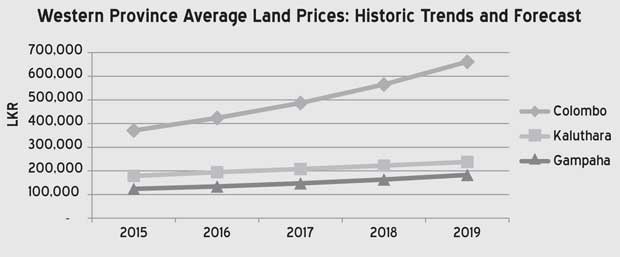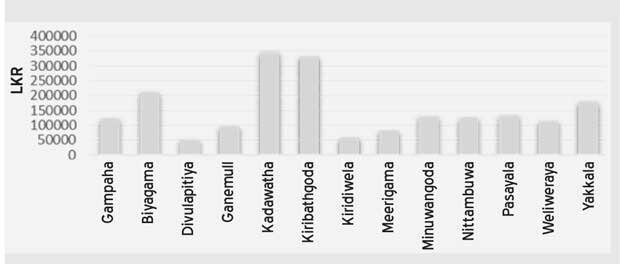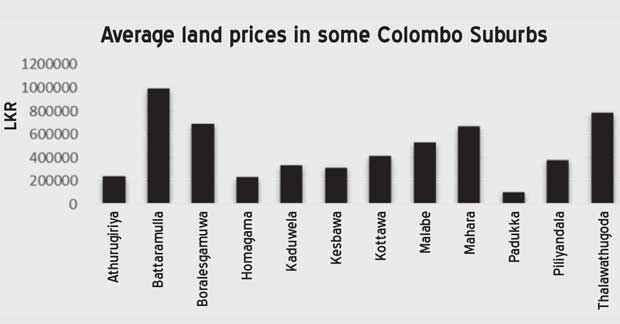04 Dec 2017 - {{hitsCtrl.values.hits}}

The Research Intelligence Unit (RIU) recently launched itsbare Lands market report. The report provides an overview of the real estate boom and an extensive profile of the bare lands market, land price escalation as well as the main players in the market.
According to the report the highest land prices are currently found in the Kotte, Sri Jayawardenapura area in the Colombo district. Nevertheless an important point to note is that in keeping with ongoing infrastructural improvements one can expect to witness the same trend gather momentum across a much wider area.
The report highlights that here will be significant differences between areas that benefit from new road and rail infrastructure initiatives from those areas that do not. Hence, the impact on different geographical locations in the Western Province will need to be assessed on a case-by-case basis.
The report also states that ‘the overall prospects for the suburban land market beyond prime Colombo looks very promising’, while further noting that ‘Colombo has rapidly emerged as a high-end market that is out of reach for the vast majority of the population which leaves many millions with only one option – the suburbs’.


Average land prices in some Colombo Suburbs
By some accounts, the average annual price escalation of bare lands in the Western Province is between seven and eight percent. However, according to RIU’s own sources, we can note double-digit growth in land plots across many parts of the province, particularly areas that have benefited from ongoing infrastructure development. Land prices in parts of Kotte for example have been escalating at well over 15 percent per annum according to real estate agents operating in this area.
An important point to note is that there are some 2.7 million people living in the Colombo district who cannot afford to buy an apartment. Furthermore, if we take the Western Province as a whole, then this number increases to around 5.5
million people.
27 Nov 2024 1 hours ago
27 Nov 2024 1 hours ago
27 Nov 2024 1 hours ago
27 Nov 2024 2 hours ago
27 Nov 2024 2 hours ago